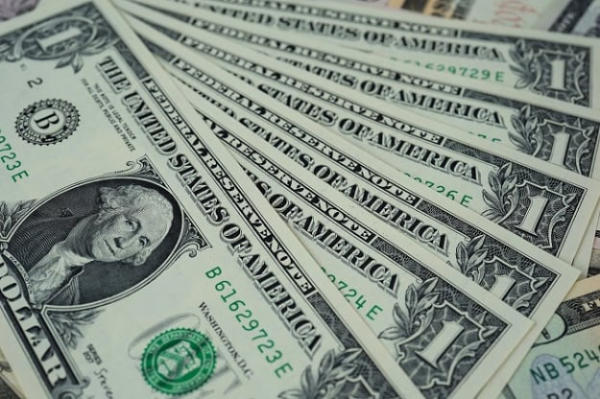The cessation of exchange trading in dollars and euros and panic on the currency market have made it more difficult for Russians to buy currency and transfer money abroad. Thus, in June, money transfers from Russians to their accounts in foreign banks fell sixfold. This is reported by The Moscow Times.

►Follow the “Minfina” page on Facebook: main financial news
According to the Central Bank of the Russian Federation, in a month Russians replenished their accounts in foreign banks by only 12.2 billion rubles after 71.7 billion rubles in May.
This is the minimum since September 2021, not counting April 2022, when Russians panicked and returned money to Russia and the Central Bank of the Russian Federation recorded for the only time not an outflow, but an inflow of funds from foreign accounts. Before Russia unleashed a full-scale war against Ukraine, they sent more to their accounts in foreign banks on average than in June (in 2021, more than 20 billion rubles per month).
The failure may be related to the consequences of sanctions against the Moscow Exchange. Because of them, the exchange, where many bought currency for cross-border transfers, stopped trading in dollars and euros on June 13.
This was not the only, but the most profitable way to convert. According to the Central Bank of the Russian Federation, in May, net purchases of currency by the population (the difference between purchases and sales) amounted to 179 billion rubles, of which the majority (107.4 billion rubles) were purchased on the stock exchange, and 71.5 billion rubles were purchased by Russians at the largest banks.
This method was retained, but it did not work well. Sanctions on the stock exchange caused panic in the foreign exchange market and banks raised the rates at which they sold currency and collapsed the rates at which they themselves bought it. After the sanctions were introduced, banks sharply widened spreads on the purchase and sale of cash and non-cash currency, the Central Bank of Russia noted, calling this the reason for the decrease in currency purchases by the population.
- Currency Sanctions

